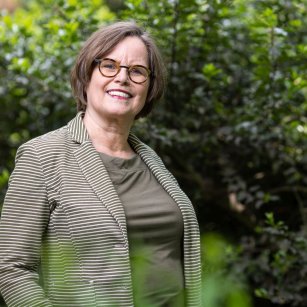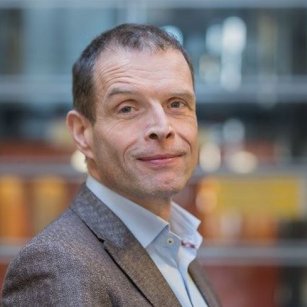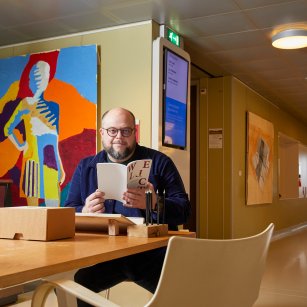Palliative care focuses on the last phase of life. The care a person receives should fit their cultural, religious and social background. This requires more knowledge about these backgrounds so that care can better meet the needs of these groups of patients. Cancer does not discriminate. Yet research by the Integral Cancer Center Netherlands (IKNL) shows that there are differences in diagnosis, treatment and survival between different groups.
Reducing disparities
Some groups of patients are also disadvantaged because of their background, gender, sexual orientation, socioeconomic status or culture. They have less access to care, possess less knowledge about their health, or encounter barriers. This results in unequal opportunities, including among incurably ill oncology patients. KWF finds this inequality unacceptable. By funding 6 research projects on inclusive palliative care, KWF wants to contribute to reducing such health disparities.
Toolkit inclusivity LGBTQ+
3 of these 6 projects were submitted by researchers at Amsterdam UMC. Such as the project on appropriate psychosocial care for incurably ill cancer patients with a migration background. This project is led by Hans Knoop and will receive 680,000 euros. It examines which intervention best suits the specific care needs of this group. Lia van Zuylen is leading the research into end-of-life care for oncology patients who are part of the LGBTQ+ community. They often face issues such as homophobia and transphobia, lack of respect and exclusion from life partners. This project, which will receive 543,000 euros, will create a toolkit for healthcare providers on LGBTQ+ inclusivity. The third Amsterdam UMC project investigates how making, viewing and experiencing art helps vulnerable cancer patients give meaning to their lives. This project is led by Niels van Poecke and will receive 594,000 euros from KWF.

Lia van Zuylen
Research into end-of-life care for oncology patients who are part of the LGBTQ+ community.

Hans Knoop
Appropriate psychosocial care for incurably ill cancer patients with a migration background

Niels van Poecke
How making, viewing and experiencing art helps vulnerable cancer patients give meaning to their lives

